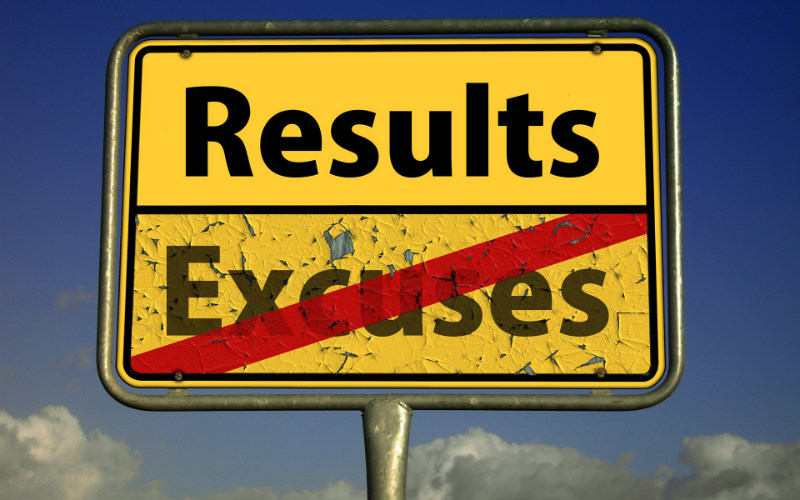By Andy Brack, editor and publisher | With two months left, the General Assembly still has a lot of work to do if it really wants to accomplish anything this year.
 Despite headlines of progress, lawmakers of both chambers have passed five pretty minor bills, four of which became law. Gov. Henry McMaster vetoed a measure on the election of water and sewer district commissioners for Bath, Langley and Clearwater (wherever they are).
Despite headlines of progress, lawmakers of both chambers have passed five pretty minor bills, four of which became law. Gov. Henry McMaster vetoed a measure on the election of water and sewer district commissioners for Bath, Langley and Clearwater (wherever they are).
So here’s a rundown of what the House and Senate could do if they passed major legislation being batted around the Statehouse. Otherwise, the inertia of the status quo will continue to win.
At the top of everyone’s list this year is reforming the state K-12 education system. The S.C. House took a big step this week to move the ball forward by passing a bill that originally was 84 pages long. Amended in committee and on the floor, the bill being pushed hard by House Speaker Jay Lucas is O.K., but it’s half a haircut if there is to be real reform. To wit:
Teacher pay. The bill calls to pay new teachers more. Existing teachers? The legislature will have to take up increasing their pay in the annual state budget, now at more than $9 billion. Everybody is talking a good game about paying all teachers more, but if lawmakers don’t use a good chunk of recurring surplus funds to give state teachers a big pay hike and stop the drain of their talents from state schools, all of Lucas’s reform will be for naught.
Accountability. The Lucas bill rightly pushes to allow the state superintendent of education to have more of a say in fixing failing schools and to stop the near-incessant standardized testing of students. Instead of more tests, we need more hours of instruction without all of the red tape.
Student cost. Unfortunately, the House bill gets rid of an old metric for gauging how the state is spending money on students. The “base student cost” is a mandated formula on how much to spend on each pupil. In the new bill, that cost is wrapped into a new metric, “per pupil spending,” which also includes teacher spending. Redefining how much is being spent makes it look like more overall, but we’re told if you separate the old base student cost, funding actually will drop overall by $18 per student — a loss of more than $12 million dollars. We hope the Senate will continue to use the “base student cost” measure for education spending so education advocates can keep up with how proposed spending actually compares to past years’ spending. (Note: For just about the last decade, state lawmakers have underfunded K-12 base student cost to the tune of more than $4 billion. Changing the definition may let them continue to get away with it.)
There are other important proposals before state lawmakers:
Medical marijuana. There’s a big push for the Senate to approve medical uses of marijuana to ease pain and suffering for many in the state. While state Sen. Tom Davis, R-Beaufort, may be able to get it through the Senate, the House — particularly legislators from the red hat of Upstate districts — will be hard-pressed to vote for marijuana after almost 50 years of “just say no” rhetoric.
Charleston loophole. State legislators need to stop fiddling and close the “Charleston loophole” so people who shouldn’t have guns don’t get them.
Solar energy. The House has approved a bill that promotes the continued growth of residential solar energy. The Senate needs to do the same quickly, or risk losing thousands of good jobs.
Santee Cooper. The brakes are on efforts to sell the state-backed Santee Cooper utility. Good. There’s no point of selling a great resource at a bargain basement price. Hold on to it, restructure it and make it more efficient.
Ban on plastic bag bans. It makes no sense for the party of limited, more local government, the Republican Party, to be bashing local governments that want to keep their communities cleaner by banning plastic bags.
New voting machines. The state’s current machines are far too old. Lawmakers need to spend appropriately to get new machines with paper trails so voters can track their ballots.
- Have a comment? Send to: editor@charlestoncurrents.com




 We Can Do Better, South Carolina!
We Can Do Better, South Carolina!
























